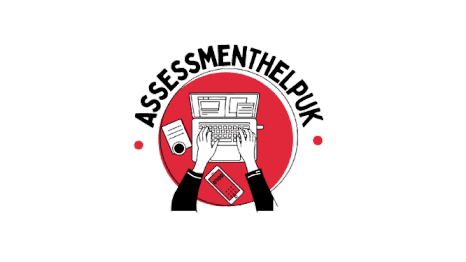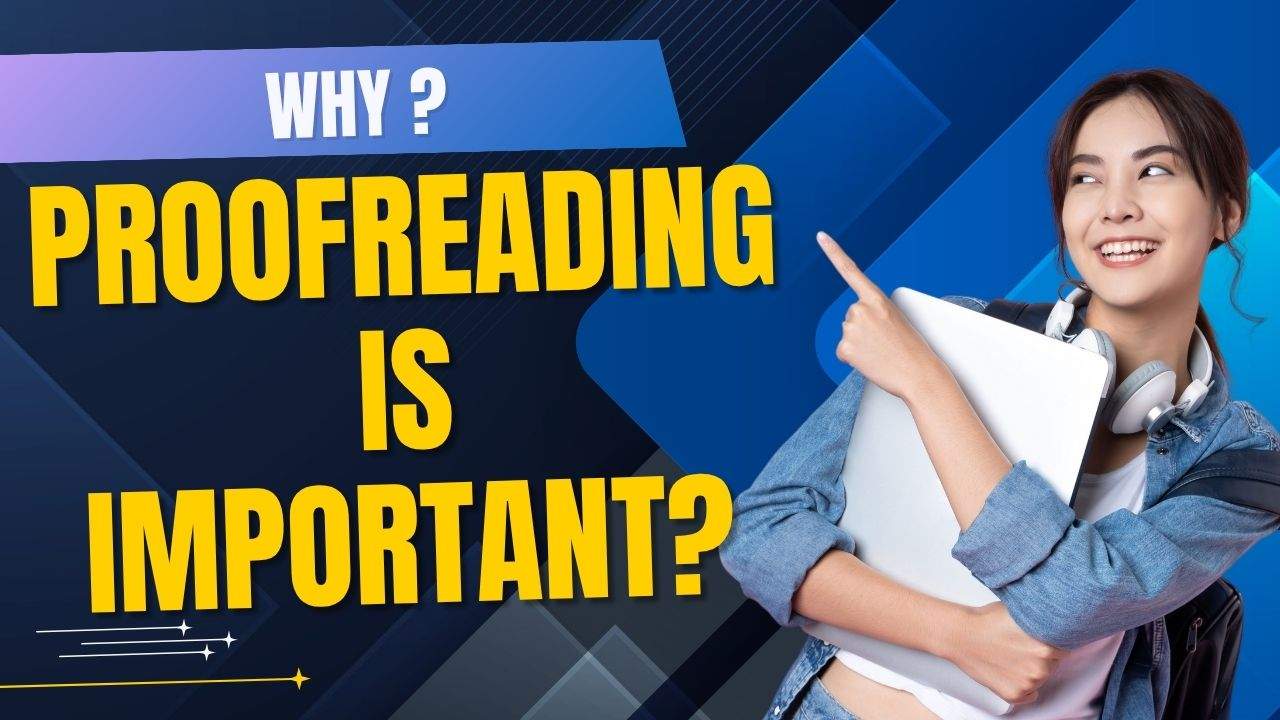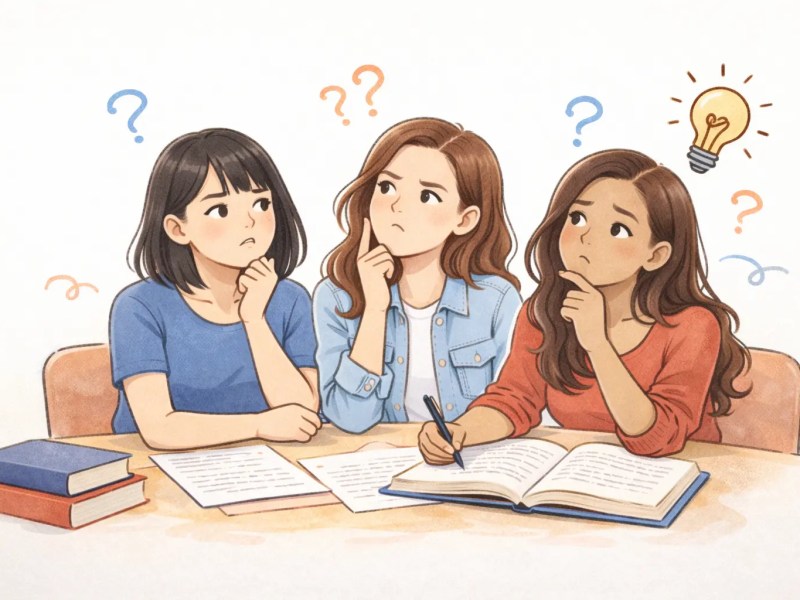Scholarly communication is based on academic writing. Whether you wish to hand in an essay, a thesis, a research or a dissertation, you are obliged to write in a clear form, error free, so that your ideas can be clearly communicated. Perhaps one of the most important stages of this process is proofreading, which, in its turn, guarantees that your writing looks polished, professional, and error free. In this we are going to answer the question why is proofreading important, how much time it may take, and some useful tips to help you make the process more efficient.
Why Is Proofreading Important in Academic Writing?
A lot of students and researchers spend much time on content making, developing an argument, analyzing data and presenting evidence. Although content is vital, proofreading will make sure that the message remains prominent without being stolen by preventable mistakes. Then the question is why proofreading is important?
When you proofread you are able to check the spelling, grammar, punctuations and formatting errors so as to get rid of them as they would dim your credibility. The smallest inaccuracies may make your research lose credibility as far as the readers, examiners or reviewers of the journals are concerned. Also, proofreading enhances clarity, coherence, and fluidity, and your audience will find it easy to follow through your arguments. It makes the use of citations and references in a correct format an essential need for such works in the academic field. Finally, proofreading allows you to submit your writing that shows just how much of a professional you are in terms of attention to detail.
How Long Does Proofreading Take?
One of the questions, which students may often ask is: how much time does proofreading take? This will be determined by a number of factors such as the length and complexity of the document, the ability of the writer to understand English and the extent to which details are needed.
In articles where you write fewer than 2,000 words (1,000 to 2,000), proofreading may require 30 minutes or an hour. In case of longer pieces such as theses or dissertations (20,000 and even more words), a thorough inspection may literally cost several hours or days. It can also be remarked that it is better to have the proofreading done separately in several steps which would include checking grammar, style, citations and format separately in order not to miss anything. It is important that you plan to proofread during your writing schedule so that you can be able to come up with polished work.
How Can I Improve My Proofreading Skills?
The question, how to improve the proofreading skill, arises in the mind of many students. The silver lining is that proofreading is not an innate ability but it can be learned through experience and proper techniques. These are some points to start with:
- Before proofreading, take a break — by getting away, you will see a fresh perspective when you look again. You will notice mistakes with a clearer view.
- Read aloud – Speaking the words out aloud allows you to detect any bad phrasing or missing words.
- Print your document out – Proofs tend to show more when printed than what they do on a screen.
- Check one problem at a time – one pass on grammar, one pass on citations, and one pass on formatting to stay focused.
- The prudent use of digital tools -There are tools that can check grammar and spelling (such as Grammarly), but they should not be used in lieu of a manual check.
- Seek suggestions — a fellow worker/professional proofreader can notice what you are not able to.
Applying these methods regularly, you will train your proofreading skills and eventually come up with a more polished, robust academic writing.
Final Thoughts
Editing is an essential component of scholarly writing which should not be ignored by students or researchers. With an outline of how long does proofreading take, why is proofreading important and implementation of strategies of how can I improve my proofreading skills; one can come up with quality work that truly represents the best effort. Include proofreading in your regular writing process and you will be surprised to see how it will make a difference!
FAQs
Can proofreading help me with my grades?
Yes! Properly proofread, your written work will look professional and clear with ideas well outlined and helping you get a better score of communication, presentation, and academic conventions. In comparison, one can lose points because of poor proofreading that can be prevented.
Do I only need grammar checkers to do proofreading?
Although grammar checkers may be useful to identify some simple errors, they are no substitute for a diligent performance of a manual review. Even machine-checked tools may lack the context-relative mistakes or clumsy expressions, and you, or a second and more reliable human reader are recommended to edit your material.



